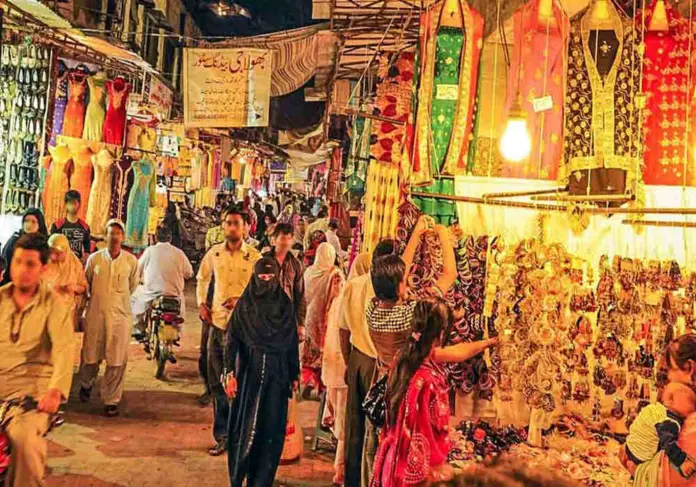Eid-ul-Adha, also known as the Festival of Sacrifice, holds immense significance in the Islamic calendar and is celebrated with great fervor and joy by Muslims around the world, including Pakistan. It commemorates the willingness of Prophet Ibrahim (Abraham) to sacrifice his son as an act of obedience to God. This auspicious occasion brings together families, communities, and neighbors to partake in various religious rituals, share delicious meals, and extend generosity toward the less fortunate. In this blog, we will explore how different individuals from diverse regions of Pakistan celebrate Eid-ul-Adha and the unique customs and traditions they cherish.
Maryam Abdul Haleem, a resident of Karachi said “Eid-ul-Adha begins with an early morning awakening. While the men of the house proceed to the mosque for the Eid prayer, my mom takes charge of the kitchen, preparing scrumptious meals following the sacrifice of animals. For us, children, Eid is synonymous with wearing new clothes and capturing joyful moments through photographs.”
Zoha Mehrban student of MBBS, 2nd year and a resident of Kashmir said, “We celebrate Eid like every Pakistani; we mostly slaughter our sacrificial animal on the first day of Eid but if not then on 2nd day.
She further said We make dishes like pulao, kabab, etc. Guests come to wish us, Eid Mubarak. We share sacrificial meat with the needy and our relatives.
Muhammad Ashraf, a resident of Gwadar Balochistan who recently cleared his matric stated, “Eid UL Adah is all for girls’ we boys spent our day slaughtering sacrificial animals, cutting meat into pieces, and sharing/giving them to our relatives and needy people. And our hand’s smell of meat a whole day
He further said that we eat different dishes all made of meat; biryani, karahi, kabab, etc. And after 4 days of Eid, we go for picnics with friends and family.
“Eid and its excitement were all in childhood now it is all about doing work wearing new clothes in the evening, clicking pictures, and posting them on social media”, Zoha Mehrban.
Robina, a student of statistics (6th semester), a resident of Turbat said, “We wake up early in the morning, men offer Eid’s namaz and ladies are busy making sweets. After Namaz, my father slaughters the sacrificial animal.
She added that, In the afternoon our relatives and cousins come to our home for lunch and get together. We wear new clothes and, in the evening, we go to Nani’s house to celebrate Eid till the next day.
“After offering Eid namaz I wish my family and relatives Eid Mubarak by kissing their hand (tradition of Baloch) and asking them for forgiveness for what I did the whole last years”, Muhammad Ashraf.
The traditions highlighted by Maryam, Zoha, Ashraf, and Robina demonstrate the diverse ways in which Eid-ul-Adha is observed and cherished. Regardless of the variations, the essence of this auspicious occasion remains consistent: the willingness to sacrifice, share blessings, and strengthen familial bonds. As Pakistanis unite to celebrate Eid-ul-Adha, the echoes of joy.







